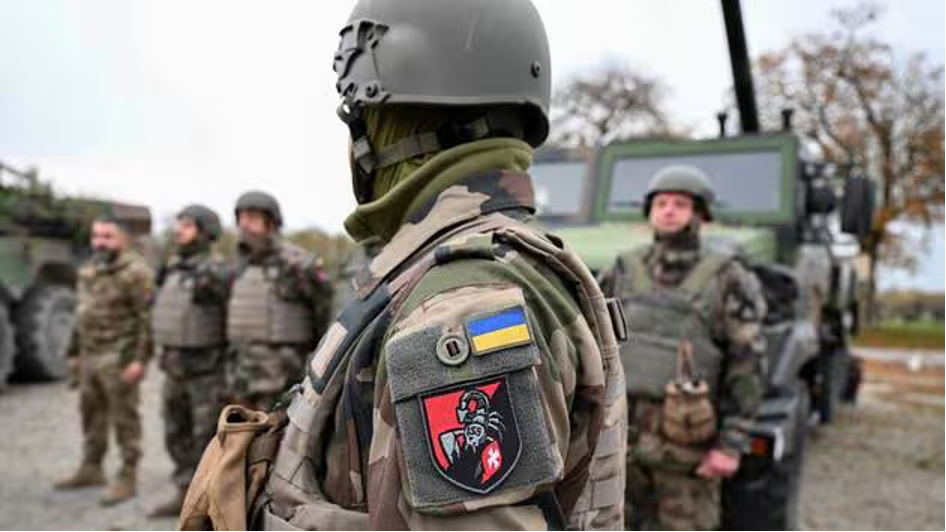NATO's 32 nations on Wednesday, June 26, appointed outgoing Dutch Prime Minister Mark Rutte as the alliance's next head, handing him the job at a crucial moment with Russia on the march in Ukraine and US elections looming.
Rutte will take over from Secretary General Jens Stoltenberg on October 1 after major powers -- spearheaded by the United States -- wrapped up his nomination ahead of a summit of NATO leaders in Washington next month.
JOIN US ON TELEGRAM
Follow our coverage of the war on the @Kyivpost_official.
"I warmly welcome NATO Allies' choice of Mark Rutte as my successor. Mark is a true transatlanticist, a strong leader and a consensus-builder," Stoltenberg said on social media after NATO ambassadors approved the appointment.
"I know I am leaving NATO in good hands," he added.
The seasoned Dutch leader, whose 14-year tenure in charge of the Netherlands is set to end within weeks, is seen as a safe pair of hands capable of stewarding the 75-year-old alliance through perilous times.
While the 57-year-old faces the spectre of a possible return by former US president Donald Trump to the White House, Rutte will also have to grapple with the threat posed by Russian leader Vladimir Putin.
After staking a claim for the NATO post following the collapse of his coalition last year, Rutte had to use all his diplomatic skills to win over reluctant allies Turkey and Hungary.
He finally clinched the race for the top job last week when sole challenger Romanian President Klaus Iohannis dropped out.

We, the People, and the Gods That Failed Us
- Back Ukraine, tame Trump? -
A staunch supporter of Ukraine, the straight-talking Dutchman has spearheaded a push to give Kyiv F-16 fighter jets to help fight off Russia's invasion.
As NATO chief he will play a key role in marshalling weary allies to keep backing the war-torn country -- while treading a fine line over Kyiv's push to join.
The Kremlin's 2022 assault on Ukraine has reinvigorated an alliance that often struggled for purpose after the end of the Cold War, and pushed European nations to up their defence spending.
Rutte will now have to ensure NATO is fighting fit to deal with the threat Moscow will pose for years to come, and also keep a keen eye on the growing might of China.
Most testing, however, could be the challenge of keeping the alliance together if Trump reclaims the presidency.
Trump reportedly mulled pulling the military superpower out of NATO during his first term -- only to be talked down by leaders including Rutte.
On the campaign trail this time around, the volatile former reality TV star has rattled allies by saying he'd encourage Moscow to attack countries not spending enough on defence.
It is not just the United States that is facing political uncertainty -- with crunch polls also coming up in other key countries like France.
"From his many years in Dutch politics and on the international stage, Rutte is an adroit balancer of political relationships," said Philippe Dickinson from the Atlantic Council think tank.
"This political savvy will be put to the test to an unprecedented extent in the years ahead."
Rutte will look to learn from his predecessor Stoltenberg, who has headed NATO through its most consequential decade since the Cold War ended.
The unflappable former Norwegian prime minister won plaudits for maintaining unity and strengthening NATO through a tumultuous period.
Rutte will be the fourth Dutchman to head the alliance since it was founded in the ashes of World War II to face off against the Soviet Union.
You can also highlight the text and press Ctrl + Enter






